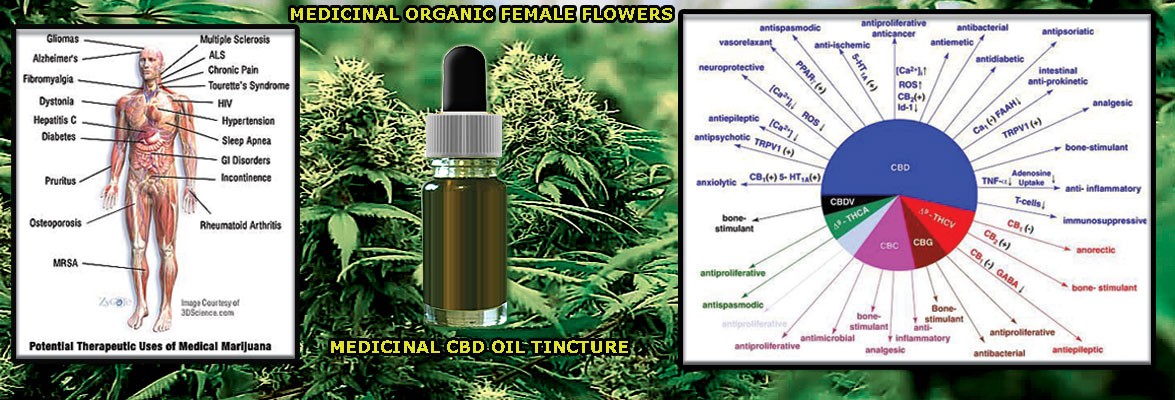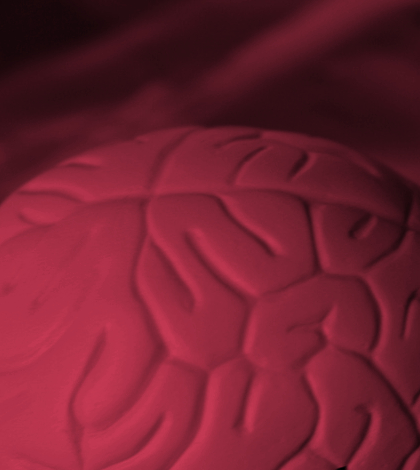Stroke victims may soon turn to marijuana for treatment and prevention.
TruthOnPot.com – Stroke is a disease that is as common as it is debilitating. Every year, approximately 15 million people suffer from stroke worldwide. Sadly, 5 million of these people die and another 5 million become permanently disabled.
In the United States, someone suffers from a stroke every 40 seconds.
But while heart disease remains a major public health crisis in countries around the world, recent evidence suggests that marijuana can improve the outcomes of both atherosclerosis – a major risk factor for stroke – as well as the brain damage caused by stroke itself.
What Is Stroke?
Stroke is defined as a rapid loss of brain function caused by a lack of blood flow to the brain. This may result from internal bleeding of the brain – known as a hemorrhage – or a blockage of blood flow somewhere in the body – known as ischemic stroke.
Among the various mechanisms involved with the progression of post-stroke symptoms is the inflammatory response of the immune system. Inflammation is a major concern in stroke patients, as it can lead to the release of various toxic molecules, which can induce further brain damage as well as disrupt the blood-brain barrier.
In a study published in 2012, researchers found that administering JWH-133 – a synthetic cannabinoid that acts on CB2 receptors – to animal models of stroke could reduce overall brain damage and neurological impairments. While JWH-133 was given 10 minutes after the stroke in the study, other studies have found cannabinoids to still be effective when administered up to 3 hours later.
Besides reducing inflammation, cannabinoids are also believed to reduce brain damage by increasing the survival of neurons. Interestingly, research shows that levels of anandamide and 2-AG – cannabinoids produced naturally by the body – accumulate at an exponential rate in areas of the brain affected by stroke. These findings suggest that the endocannabinoid system may be a part of the body’s natural defense system against strokes.
Lastly, cannabinoid research seems to support the use of medical marijuana for treating atherosclerosis, which is one of the most common causes of stroke as well as other heart diseases. Studies (Rajesh et al., 2007 and Steffens et al., 2005) show that both THC and CBD can act to protect blood vessels from damage caused by a variety of factors, including a high-glucose diet.
What This Means For Your Health
While there is strong evidence of the effectiveness of cannabinoids – specifically those that act on CB2 receptors – in reducing the brain damage and impairments caused by stroke, research still has yet to be conducted on humans. Even still, experts have clearly stated their position on this emerging field of medicine.
“Evidence from animal models and in vitro studies suggests a globalprotective role for cannabinoid receptors agonists in ischemic stroke… both synthetic cannabinoids and endocannabinoids represent extremely promising therapeutic compounds.”
Excerpt from Update on the Role of Cannabinoid Receptors after Ischemic Stroke (2012)
Such promise has even led some doctors to recommend a daily dose of marijuana as an alternative to traditional anti-inflammatories like aspirin. According to former heart surgeon Dr. David Allen, positive evidence from animal studies provides enough support for patients to consider medical marijuana as an effective treatment regimen for their condition.
How Can Marijuana Help?
The endocannabinoid system – made up of the body’s own cannabinoids and cannabinoid receptors – is responsible for a variety of biological functions relevant to stroke. Specifically, the endocannabinoid system has been found to regulate inflammation, brain cell survival and blood flow.
THC and CBD – the most common cannabinoids found in medical marijuana – are known to reduce inflammation by acting on the cannabinoid receptors of immune cells. Cannabinoid receptors are found in numerous parts of the body and also happen to be expressed by a number of immune cells found in the brain, including astrocytes and microglia. Furthermore,recent studies show that cannabinoid receptors are over expressed by neurons and immune cells of the brain upon stroke-induced inflammation, which has led scientists to directly investigate the use of cannabinoids in treating symptoms of stroke.
Source: Medical Marijuana and Stroke

